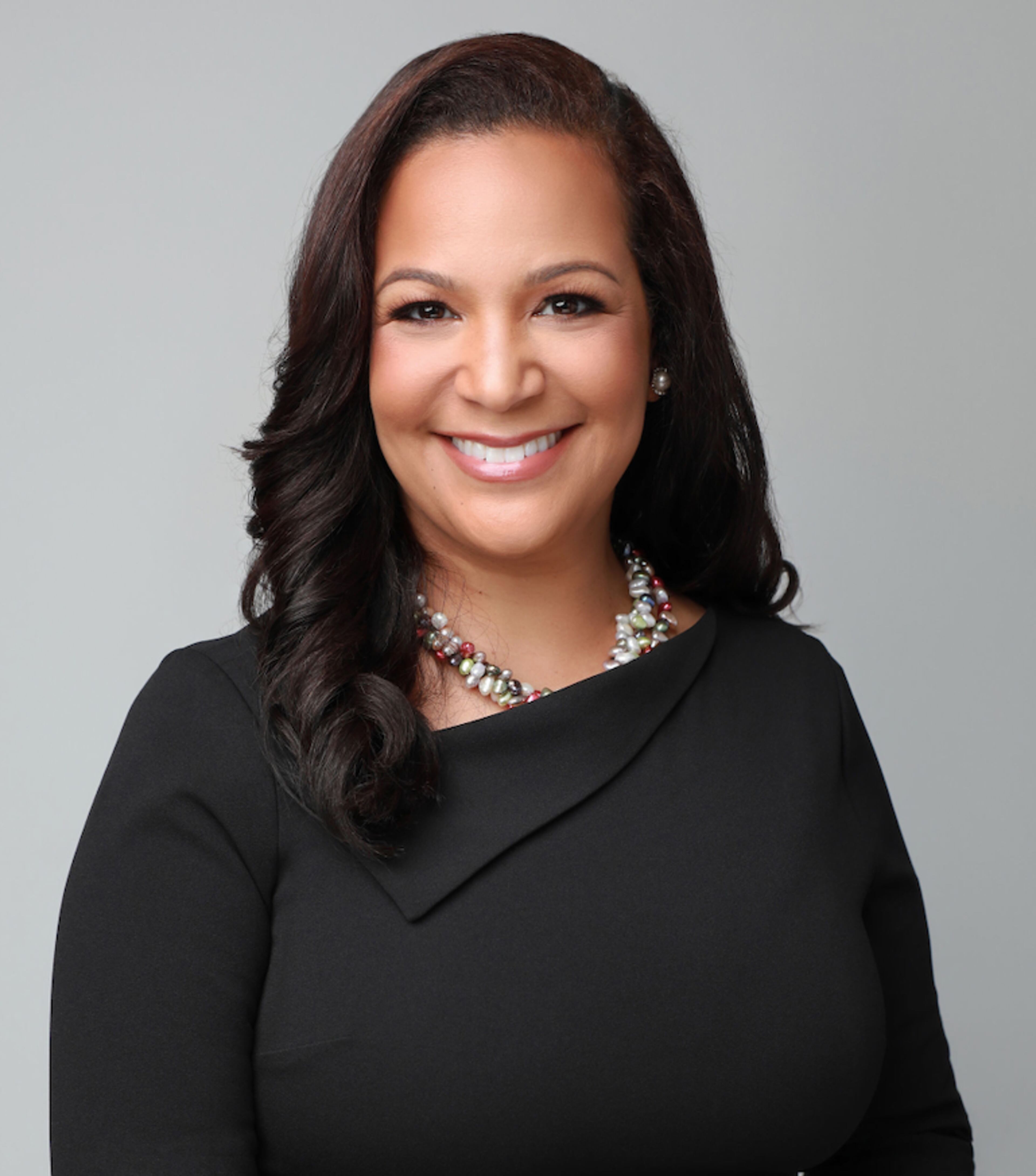Legislature ‘24: With degree in sight, college students still need aid

Cheryl Watson-Harris is president and executive director of Achieve Atlanta, which works to ensure more Atlanta students go to college and earn a degree. The former DeKalb County School District superintendent, Watson-Harris says the state economy suffers when college students cannot complete their degrees due to school costs.
In a guest column, she urges the Georgia General Assembly to provide greater financial aid options to college students close to crossing the finish line but running out of funding. Her column is part of an Atlanta Journal-Constitution series in which education advocates set out an agenda for the 2024 General Assembly, which starts Jan. 8.
By Cheryl Watson-Harris
To maintain the state’s economic growth and global competitiveness, 65% of the workforce will need a postsecondary degree or credential by 2033, according to the Georgia Partnership for Excellence in Education’s 2023 EdQuest Georgia framework. Yet, fewer than 53% of Georgians have either, requiring an increase of more than 12 percentage points over the next decade.
One strategy to help boost postsecondary completion rates is to focus on students already enrolled in college. Why? Because a surprising percentage of college students drop out before earning their credentials. College students, particularly those from low-income backgrounds, face numerous obstacles to attaining a college degree. The cost of college remains one of the most significant.

Many students stop taking classes before earning their degree because they need more funds to pay for them. Many scholarships and grants are available only for the first four years of college, and many students need more than four years to complete their degree. For example, within the University System of Georgia, only 38% of incoming bachelor’s degree students in 2017 earned a degree within four years. Conversely, 62% of the same population earned a degree within six years.
Financial aid sources must be more readily available to students who are close to the finish line but have funding gaps to reach it.
In 2022, Georgia legislators passed House Bill 1435 with bipartisan support, launching a program to support students needing funds to complete their postsecondary credentials. Under this legislation, students can receive up to $2,500 in college completion grants if they have earned at least 80% of the required graduation credits and have a funding gap.
HB 1435 was an excellent first step in expanding the number of college graduates in Georgia’s workforce. However, it is limited in scope, and accessing the program has been challenging for many students. In this upcoming session, policymakers have an opportunity to enable more students to benefit from this program by expanding it to students in their final year of college rather than just the last term and by increasing the appropriation that funds the grants. In addition, distributing grant funds to colleges/universities based on their share of Pell Grant recipients would make it more likely for the students with the greatest need to receive additional funding.
Founded in 2015, Achieve Atlanta exists to help Atlanta Public Schools students access, afford and earn postsecondary credentials. We do that through a range of services, including college advising in high schools, a need-based scholarship, and coaching support while students are in college. More than 5,900 APS students have taken advantage of $53 million in Achieve Atlanta scholarship funds to pursue higher education in our eight years of work. More than 1,400 Achieve Atlanta Scholars — college students receiving our scholarship funds and support services — have already earned degrees, a number that will continue to grow.
Yet, even with our support, we have students who struggle to pay their college bills. In each Achieve Atlanta cohort, 15% to 20% of scholars are only one to two terms away from graduating when they complete their Achieve Atlanta Scholarship funding eligibility. In spring 2020, we launched a completion grant program to provide up to $2,500 per term to students on track to graduate within two terms but who had exhausted their scholarship eligibility.
Since launching the program, we have awarded close to 400 students grants of up to $2,500 per term. We’re already seeing success: More than 75% of completion grant recipients earn their degree within the expected time frame.
One completion grant recipient, Jamrya Wilkerson, was in her final year at Fort Valley State University when a financial emergency threatened her ability to remain enrolled. “The Achieve Atlanta completion grant helped me complete my postsecondary degree; without it, I would have had to drop out of college my senior year,” said Wilkerson. She now works for one of our partner organizations, College Advising Corps, advising APS students in preparation for their college journeys. The completion grant ensured that Wilkerson’s investment in her education, as well as that of both Achieve Atlanta and Georgia, resulted in a degree.
Too many Georgians are just a few credits from earning a postsecondary credential. By expanding need-based completion grants, legislators can increase the number of graduates and contribute to Georgia’s continued economic growth and global competitiveness.

